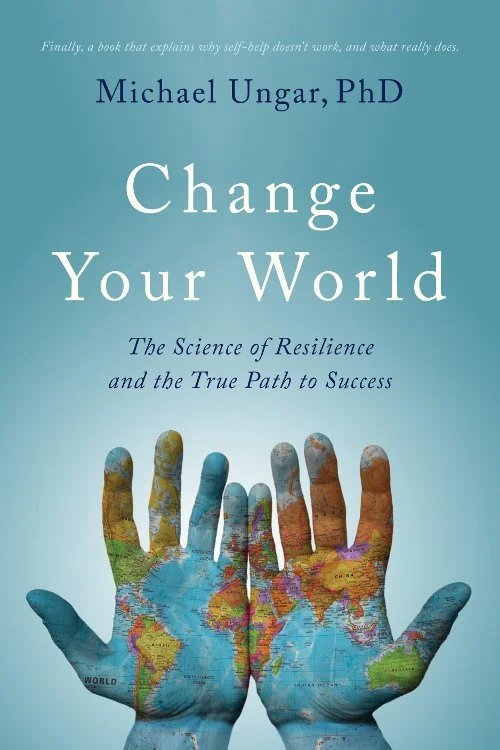I’ve long pondered the attributes that it takes to achieve at the highest level in sports.
And, for a while, I thought I had it all puzzled out.
I’d reduced it to three factors:
a ‘pro body’ (which varies, of course, depending on the sport, and is not always what people think it is upon first glance — witness the under-rating of guys like Steve Nash and the over-rating of guys like Bryant “Big Country” Reeves… if you don’t remember Reeves as an NBA player that’s fine; no one under 50 does, either);
the brain for your game (including court vision, strategic thinking; decision-making in pressure situations, etc.); and
a smidgen of luck.
I thought that was it…
But then I started to consider the perseverance that great athletes display when it comes to playing through sporting setbacks, including dealing with poor coaching, coming back from injury, and all kinds of other troubles. This factor is what many sports commentators call “grit”. According to my definition it is the ‘X factor’ an athlete draws upon when s/he taps deep reserves of willpower and determination to play through adversity and extremely challenging circumstances while finding (sometimes very) unlikely ways to achieve (which is different than ‘win’, btw).
So my list was done. Four factors. Nice. Well done, Dave. (Insert self-satisfied dusting together of hands here.)
Then, just a few weeks ago my wife received her alumni magazine in the mail from Dalhousie University. Personal note: I will read anything… books, magazines, websites, blogs, flyers, cereal boxes, sleep-inducing OECD reports on the state of education, The Odyssey, pulp fiction… I really don’t care. So when I spotted the cover story in “Dal Magazine” by Dawn Morrison about the professor/researcher/author from Dal named Dr. Michael Ungar and the “surprising truth about resilience” I was beyond curious; I was excited. The article inside did not disappoint.
Briefly, Ungar has made a study of the theory that achievement requires help; at some point in the arc of their ‘successful’ lives everyone needs some assistance.
Drawing on research involving 7,000 young people, Ungar produced what the article’s author calls “undeniable proof” that (to now use Ungar’s words), “Resilience depends more on what we receive than [just] what we have”. The notion that external factors and opportunities trump resilience or a person’s internal fortitude was something I found shocking. But when I stopped to think about it, it made sense: resources can, in certain circumstances, serve a person better than sheer, personal determination. Ungar uses the simple example of the person trying to get and stay fit: it’s easier to keep going to the gym if you have a workout partner who drags your ass there on those days that you’d rather eat pizza and watch Netflix.
Sadly, another conclusion that Ungar reaches is that young people often don’t take advantage of the support services that are offered in their communities because the services are not tailored to, or appropriate in, meeting their needs (e.g., school meeting set up for parents who are unable to attend because they cannot take time off work).
There’s lots more to Ungar’s study in his book Change Your World: The Science of Resilience and the True Path to Success.
As someone who sees a lot that needs changing in Halifax, and indeed Nova Scotia, and is hoping to provide opportunities to a few young people via unique sport programming, I recently took a step toward affecting positive change in my own world. How, you ask?
I asked Santa (aka, my wife) for a copy of Ungar’s book.
My holidays should be happy. I hope yours are, too!
-DN

